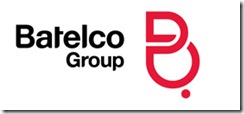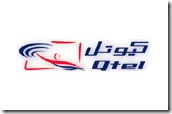TMT advisory and investment firm in emerging markets Delta Partners has become a shareholder in Aricent, a global innovation, technology and services company focused exclusively on communications. The size of the equity injection has not been disclosed.
Aricent is a strategic supplier to some of the world’s foremost infrastructure, application and service providers, with operations in 19 countries. Delta Partners aims to support the company by accelerating its positive momentum of engagements with leading infrastructure, application and service providers worldwide, and particularly in the Middle East and African region.
“We believe Aricent provides tremendous opportunities for our MENA Telecom Fund. Aricent has a top-notch management team, a strong board of directors, a shareholder base including some of the world’s most prominent investors, and a robust record of growth,” said Rogier van Driessche, partner at Delta Partners.
“Given that we share a focus on TMT, we expect to play an active role in supporting their business in our region,” van Driessche added .
The investment by Delta Partners into Aricent was the sixth executed through the Delta Partners MENA Telecom Fund, a private equity fund focused on investing in TMT companies. The fund’s other investments include Vox Spectrum, Armenian Datacom Company (ADC), OrasInvest, Karoui & Karoui and Trivon Group.
Related stories:
Delta participates in Vox Spectrum
Delta Partners investment fund counts four deals





